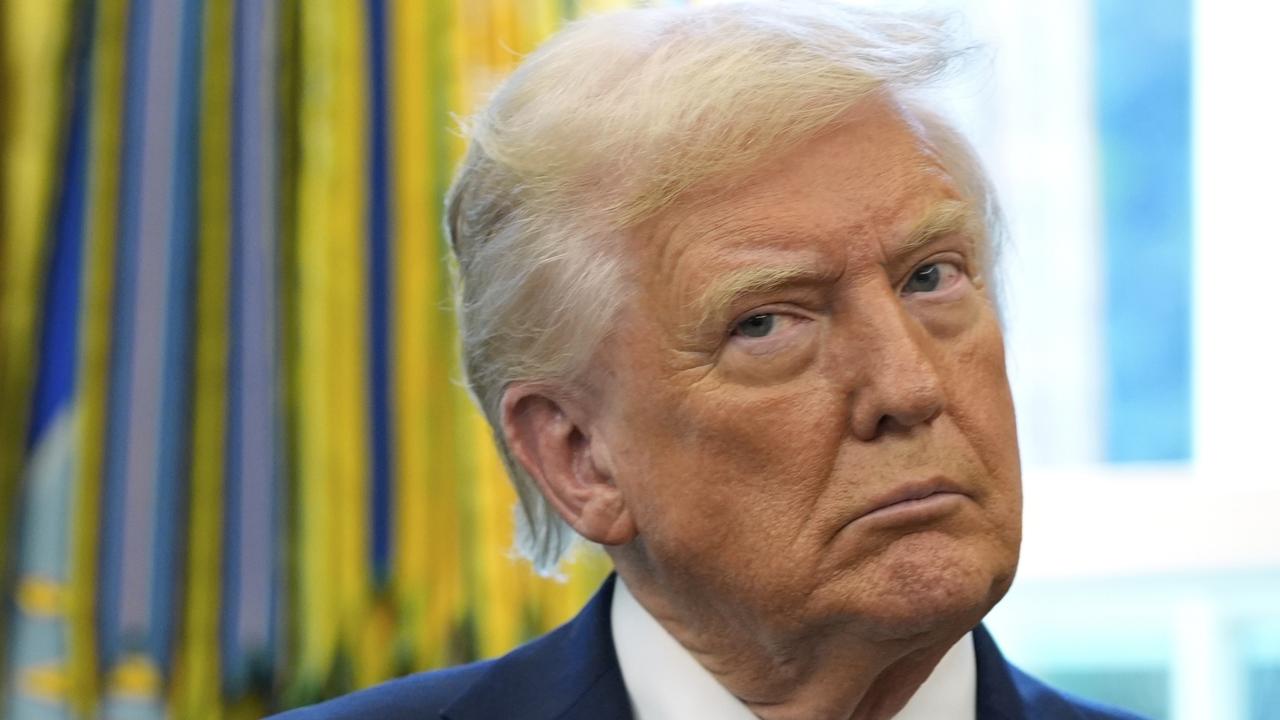Out, and into the world: Britain set to be Europe’s best ally

Departure day is not much of an event in itself, merely a moment at which new economic policies become possible.
Thanks to the transition period and the Withdrawal Act, there is no cliff edge — at least not for now. Tough negotiations will begin again, but Prime Minister Boris Johnson has a chance to handle all this in a better, less divisive way than his predecessor Theresa May.
After leaving, Britain now takes on a new role: as the EU’s strongest ally. Although the UK has opted out of the EU’s bureaucratic hierarchy, we remain part of Europe in terms of geography, culture, trade and outlook. There are a great many areas where we will achieve far more by working together. Ursula von der Leyen, the new European Commission president, put it well: the negotiations now are about building an alliance, not dismantling one.
Johnson has told his cabinet that their role is to “love bomb” Europe in an attempt to set a different tone. He’ll be up against others who preferred it the old way. Irish Prime Minister Leo Varadkar, for example, this week taunted Johnson by saying that the EU will have the stronger hand and that Britain has “yet to come to terms with the fact it’s now a small country”. The EU, he says, is a 27 – member bloc with 450 million people — and the UK is a mere 60 million. “So if these were two teams up against each other playing football, who do you think has the stronger team?”
Varadkar will of course have the chance to test his football analogy when Ireland (population five million) comes to negotiate the survival of its low corporation tax rate with the rest of the EU. But he is wrong to regard Brexit talks as a match, fight or contest. They are the negotiating of a new relationship, and all sides have a clear interest in their success.
There is no need for any histrionics. Johnson must simply do what May did not: make it clear that if talks fail, Britain can walk away and seek other deals with other allies. The whole point of Brexit is to diverge from EU rules, and if that means extra friction on trade then Britain will accept the friction. The lesson of the referendum is that the public placed great value in having direct democratic control over the country’s laws — and if that means there is a small economic price, the majority are willing to pay it.
This, of course, is the wider message of the Brexit vote. The old technocratic consensus — going for any policy that maximises GDP growth — is now outmoded. Greater priority, now, is placed on doing a better job of sharing the proceeds of growth — and if that means slower growth overall, then so be it. A study by the government’s Migration Advisory Committee, for example, found that the EU’s free movement of people lifted pay at the top, while pushing pay at the bottom down by 5 per cent. On average, pay rose overall, but there was an obvious cost in terms of social cohesion.
It’s for the sake of social cohesion that it also makes sense for Britain to devise its own migration policy. So far, Johnson’s “global Britain” strategy has sounded like little more than a soundbite. Now he has an opportunity to make it real. Too many businesses, for too long, have been using migrant labour instead of investing in automation. By some measures, Britain has one of the least automated economies in the developed world. Wages are low because we have too many people doing jobs that ought to be done by machines. Training people to do more highly skilled, better-paid jobs might be more troublesome for big business, but in the longer term it’s better for everybody.
This week the Migration Advisory Committee produced its own report on the issue. It sensibly calls for the £30,000 salary threshold for non-EU immigrants to be lowered — since the policy threatens to repel, among others, computer programmers and junior university researchers. Salary is a poor indicator of potential. Any future system needs to be flexible and able to respond to changing economic need.
Johnson has made a good start by dropping David Cameron’s failed net migration target. That, too, showed the inadequacy of centralised planning. Whatever the details, there should be a clear message from Britain: that while we will be able to control migration from within the EU, we will be more liberal towards skilled and entrepreneurial people from all around the world. And that Brexit means doing globalisation better — in a way that carries greater public consent.
So the tone of Brexit talks will be crucial. A great many people, in Britain and beyond, are understandably concerned that Brexit suggests the country is turning in on itself. Johnson’s job will be to do what he can to assuage their fears, to seek to unify and show that he’s quite serious about a globally minded Brexit. Or as our front page put it before both the 1975 and the 2016 referendums: Out, and into the world.
The Spectator



The moment of Britain’s departure from the EU was always likely to be an anticlimax, both for those who expect great things from Brexit and for those who had been braced for disaster.